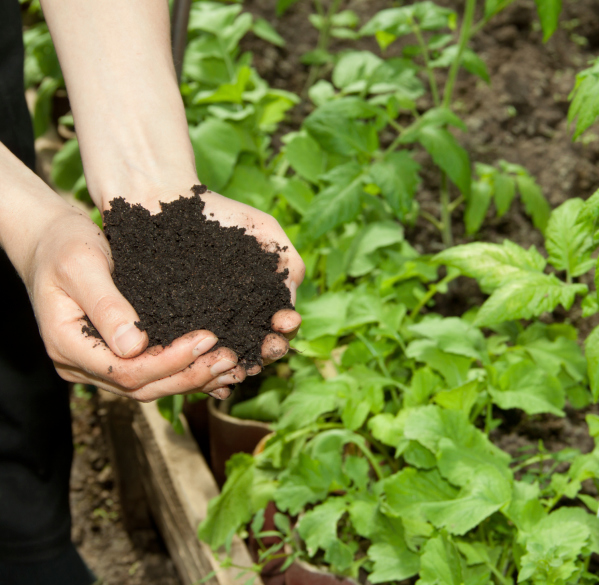
If you’re packing for your long-distance move, it may not have occurred to you that some things just shouldn’t go in those boxes. For professional movers, the question of what not to pack comes up frequently and it’s one they’re happy to answer by providing a list of items to exclude, from strictly forbidden to not recommended. The following are categories of concern and specific items not to pack when you’re moving.
Chemicals and Other Combustibles
You spent a lot of money over the years on all those chemicals in your garage, and it is a pity to have to leave them behind. Unfortunately, many, such as fertilizer, are considered hazardous materials and your mover’s van is not equipped to provide conditions for their safe transport. For the safety of the personnel or anyone who might be in proximity of the moving van, hazardous substances should not be on board.
Here’s a list of items from your cabinets or shelves that you might want to just give away:
- Fertilizer
- Batteries
- Nail polish remover
- Varnish
- Cleaning solvents
- Fireworks
- Paint and paint thinner
- Matches
- Automotive maintenance products
- Propane tanks
- Pesticides and herbicides
- Fire extinguisher
- Lamp oil, gasoline or kerosene
You also should not pack firearms for transport in a moving van, loaded or unloaded.
There are many others, so run it by your moving company if you have questions.
Food and Plants
It should be a no-brainer that you wouldn’t pack any food item that might spoil, but you also shouldn’t pack anything that rodents might chew their way into, such as packages of crackers or the like. Glass jars can crack and leak contents, ruining your other possessions and attracting vermin. Don’t pack frozen or refrigerated food, produce or open food items. Likewise, don’t plan on moving fresh herbs, flowers or plants – anything fresh or living that you can’t give away, you’ll have to take along in your car or throw away.
Canned food, dried fruit and spices transport well, as long as they are in a non-breakable container. Again, when in doubt, ask your movers.
Valuables
While you should buy insurance for your move, some things just can’t be replaced if lost or damaged. Moving professionals sometimes encounter adverse conditions or incidents, such as inclement weather leading to accidents, or theft. Photograph albums, important papers such as deeds, wills, car titles and insurance documents, family heirlooms, jewelry and cash are difficult or impossible to replace, so take them with you in your car when you move.
Other things you shouldn’t pack:
- School records
- Checkbooks
- Address books
- Cell phones
- CDs
- Laptops and computer supplies
- Keys
- Valuable collections
Keep It Handy
Plan for how you will transport and have ready access to important items and papers. For instance, you should pack all your medications carefully, so that you can reach them as you travel. Likewise, pack all important papers so that they are well protected and accessible when you reach your destination. It might help to think of these things as what you’d take with you in a carry-on for a flight, as opposed to what you’d check on as baggage.
You may even want to create a move-in kit, boxing up all the easily carried essentials you’ll need to have on hand the first few days after your arrival.
For more on what not to pack when a professional is handling your move, contact In Home Moving Estimate. We’ve been helping our customers connect with reputable moving professionals for more than 10 years.
Comments open